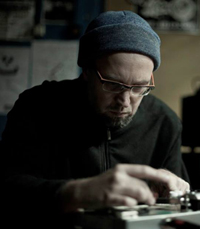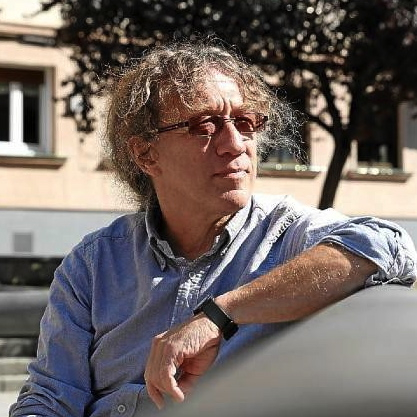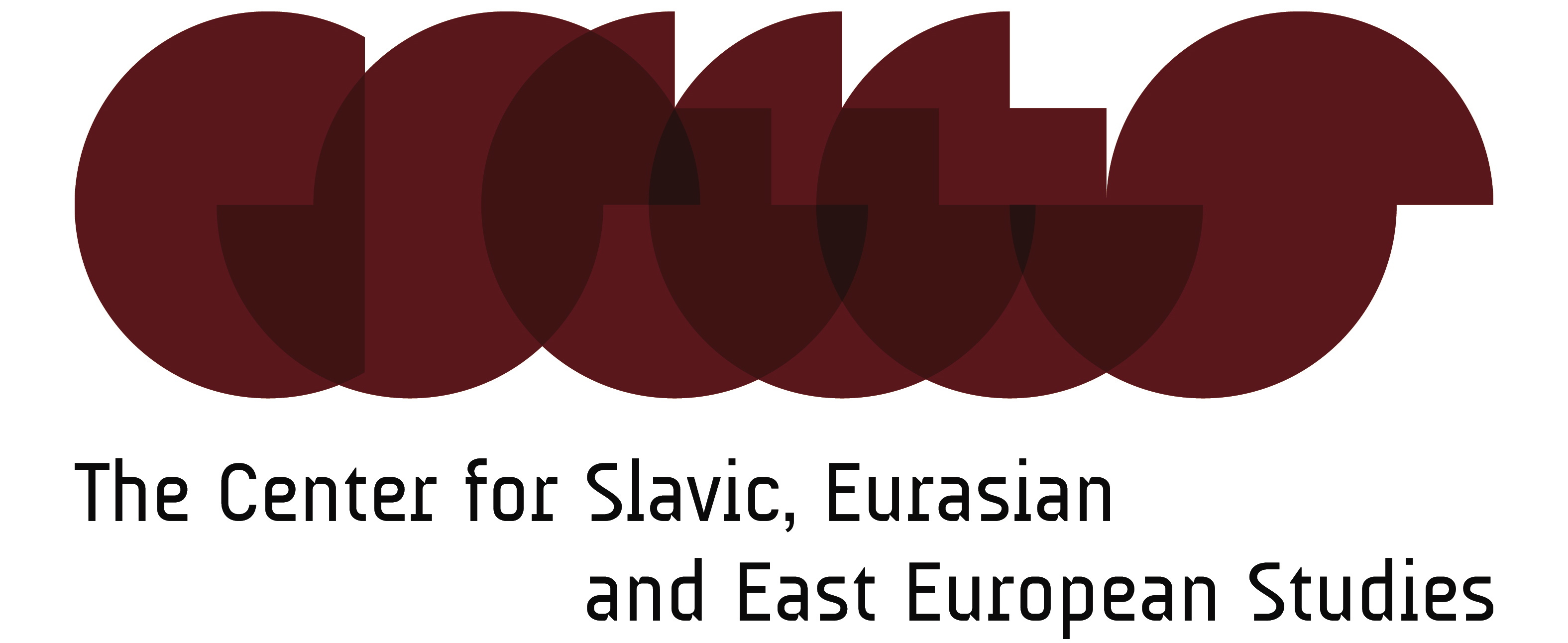The Center for Slavic, Eurasian and East European Studies (CSEEES) launched the UNC-Visegrad Studies program in Fall 2016, with a three-year University Studies Grant from the International Visegrad Fund in Bratislava, Slovakia. One of the main goals of the program is to increase awareness and knowledge of the Visegrad region at Carolina, comprised of the Czech Republic, Hungary, Poland and Slovakia.
Over the three-year period, CSEEES will host eighteen scholars from the four countries who will give public talks, class lectures, and participate in workshops, symposia, and cultural events on campus. These events will complement the annual Czech Studies Workshop and the center’s endowed annual lecture on Democratization Processes in Poland and Central Europe. More information about these events can be found on the CSEEES website.
The UNC-Visegrad Studies program is also designed to bolster and complement the Department of Germanic and Slavic Languages and Literatures (GSLL) interdisciplinary major in Central European Studies, the first of its kind in the U.S.
The major is geared toward undergraduates interested in the history of Central Europe and Czech, German, Hungarian and Polish languages and cultures. Students are able to design their own program of study by choosing from a broad range of courses in anthropology, comparative literature, economics, history, political science, global studies and cultural studies whose content includes the Visegrad countries. The degree prepares students for careers in the public sector, diplomacy, business, international education, and academia.
 Collecting Vinyl Records Behind the Iron Curtain: Piracy, Technology, and Social Network
Dr. Dariusz Brzostek is an associate professor of cultural studies at Nicolaus Copernicus University in Toruń, Poland. His current research project is concerned with early Polish electronic music (Polish Radio Experimental Studio), counterculture in Poland, Communist Era science fiction, and history of jazz.
OCTOBER 3, 2018 • 5:30 PM • 4003 GEC
Collecting Vinyl Records Behind the Iron Curtain: Piracy, Technology, and Social Network
Dr. Dariusz Brzostek is an associate professor of cultural studies at Nicolaus Copernicus University in Toruń, Poland. His current research project is concerned with early Polish electronic music (Polish Radio Experimental Studio), counterculture in Poland, Communist Era science fiction, and history of jazz.
OCTOBER 3, 2018 • 5:30 PM • 4003 GEC

 Populism in Central Europe and Beyond: The Hungarian Case
Dr. István Hegedűs is the chairman of the Hungarian Europe Society. He became a liberal member of the first, freely elected Hungarian Parliament in 1990 and also served as the vice-chairman of the Foreign Affairs Committee.
OCTOBER 26, 2018 • 12:25 PM • 3009 GEC
Populism in Central Europe and Beyond: The Hungarian Case
Dr. István Hegedűs is the chairman of the Hungarian Europe Society. He became a liberal member of the first, freely elected Hungarian Parliament in 1990 and also served as the vice-chairman of the Foreign Affairs Committee.
OCTOBER 26, 2018 • 12:25 PM • 3009 GEC

 Winning the Battle, Losing the War: Polish Courts as EU Courts
Dr. Agata Hauser is a lecturer in the Department of International Law and International Organizations at the Adam Mickiewicz University in Poznan, Poland. Her research focuses on judicial protection of individuals by the Court of Justice of the EU and the European Court of Human Rights.
FEBRUARY 12, 2019 • 5:30 PM • 3009 GEC
Winning the Battle, Losing the War: Polish Courts as EU Courts
Dr. Agata Hauser is a lecturer in the Department of International Law and International Organizations at the Adam Mickiewicz University in Poznan, Poland. Her research focuses on judicial protection of individuals by the Court of Justice of the EU and the European Court of Human Rights.
FEBRUARY 12, 2019 • 5:30 PM • 3009 GEC

 Universities as Elevators: Education and Migration of Human Capital in Slovakia
Dr. Štefan Rehák is a professor and chair of the Economics Department at the University of Economics in Bratislava, Slovakia. His primary academic interests include analysis and evaluation of European Union cohesion, strategy and program development, policy design, and regional economics.
APRIL 2, 2019 • 5:30 PM • 3009 GEC
Universities as Elevators: Education and Migration of Human Capital in Slovakia
Dr. Štefan Rehák is a professor and chair of the Economics Department at the University of Economics in Bratislava, Slovakia. His primary academic interests include analysis and evaluation of European Union cohesion, strategy and program development, policy design, and regional economics.
APRIL 2, 2019 • 5:30 PM • 3009 GEC

 Social Sciences and “Socialist Life Style” in Czechoslovakia 1968-1989
Dr. Vítězslav Sommer is a research fellow at the Institute for Contemporary History of the Academy of Sciences of the Czech Republic. His recent research explores the history of expertise in late socialism and post-socialism and relationships between knowledge production and governance in state socialism and capitalism.
APRIL 23, 2019 • 5:30 PM • 4003 GEC
Social Sciences and “Socialist Life Style” in Czechoslovakia 1968-1989
Dr. Vítězslav Sommer is a research fellow at the Institute for Contemporary History of the Academy of Sciences of the Czech Republic. His recent research explores the history of expertise in late socialism and post-socialism and relationships between knowledge production and governance in state socialism and capitalism.
APRIL 23, 2019 • 5:30 PM • 4003 GEC












